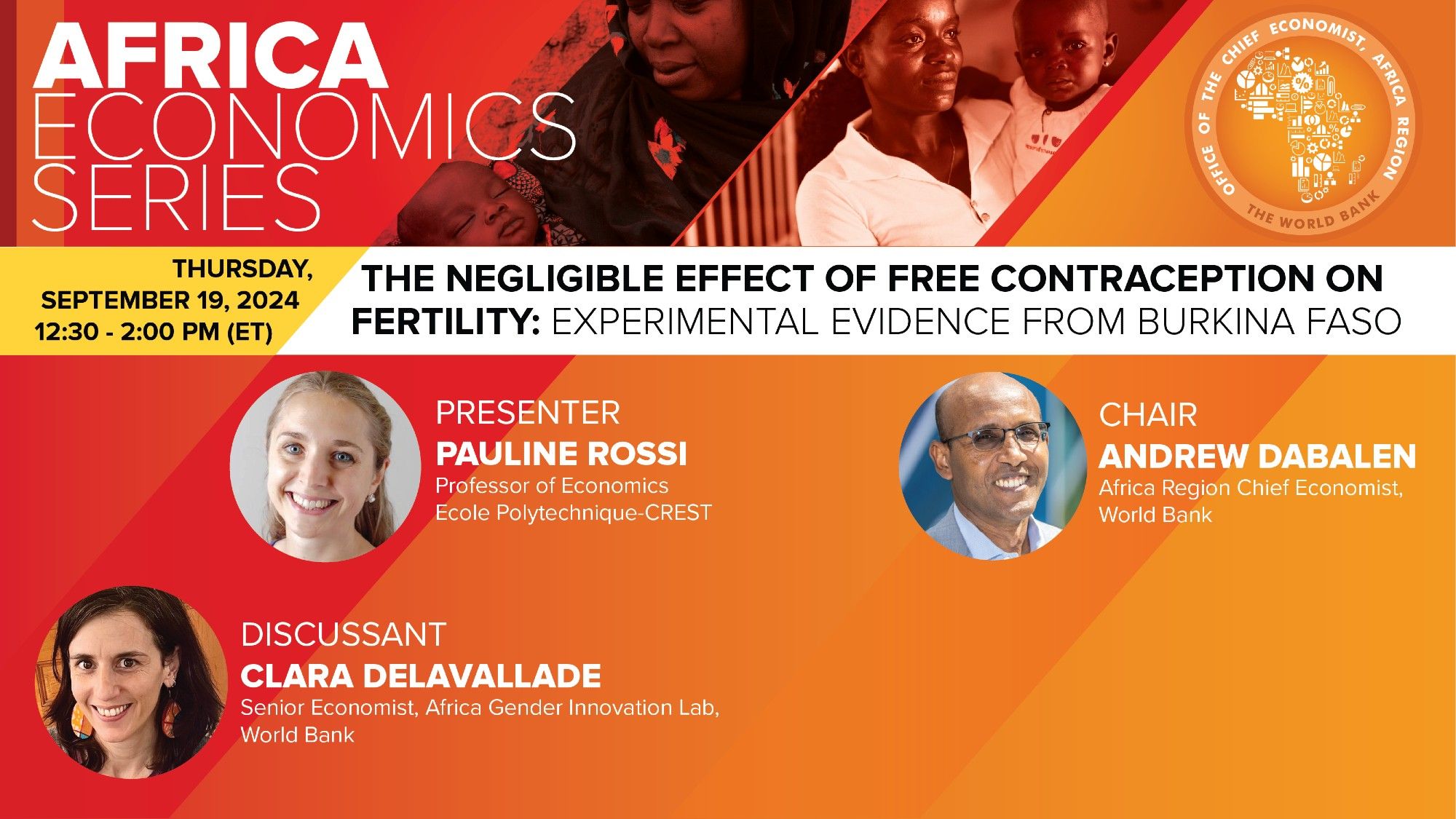
ungatedresearch.org is a wonderful public good being developed by Martin Abel and Susie Godlonton. It's a website with links to the latest ungated version of papers published in several economics journals. Especially valuable in LMICs where many scholars don't have access to the journals.
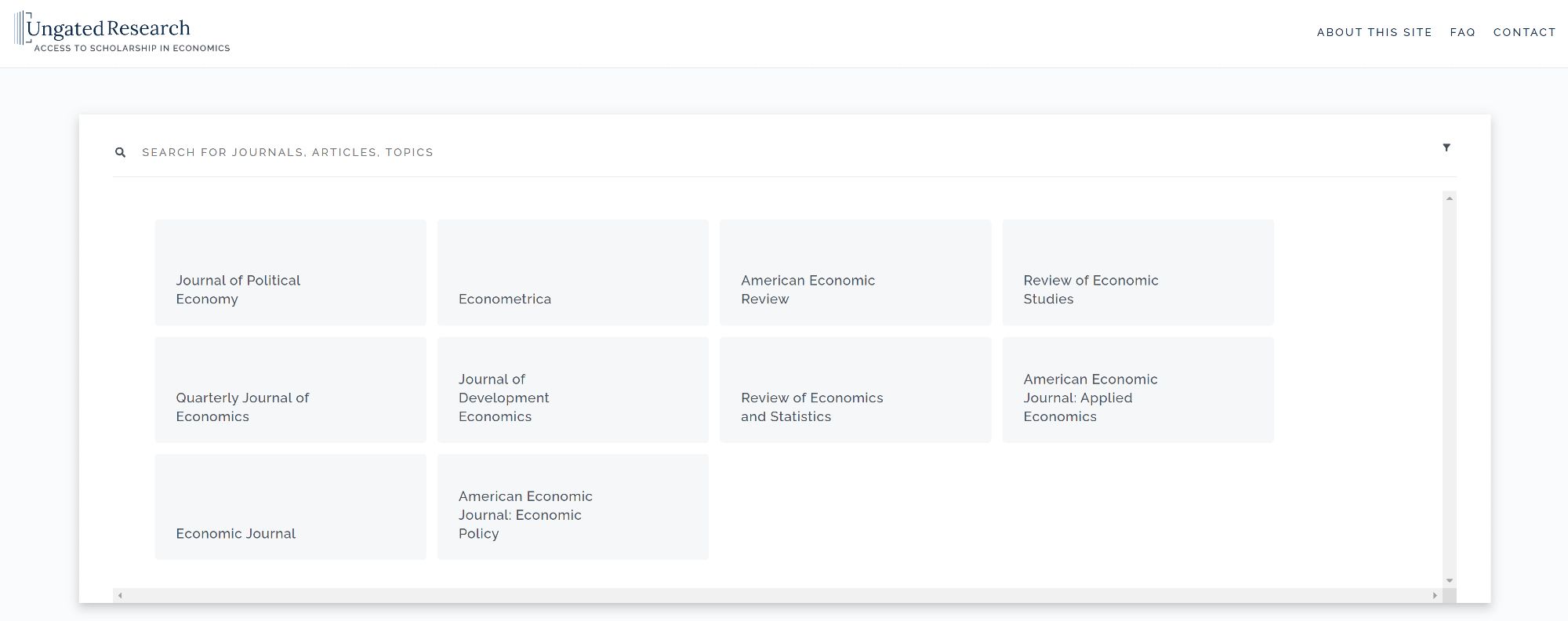
Giving smallholder farmers access to warrantage (storing their crops and, when they choose so, using that as a collateral to obtain credit) helps them invest more in human and farm capital. Sharing our recent experimental evidence from Burkina Faso #econsky
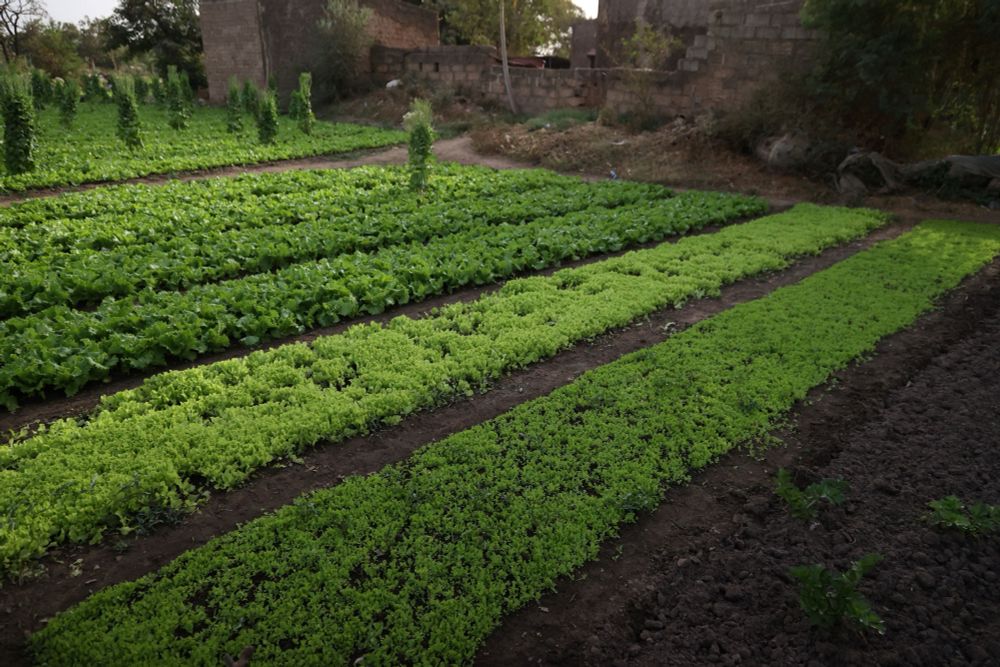
Warrantage is an innovative model of rural finance which improves access to credit and crop storage. In Burkina Faso, warrantage increased farmers’ sales revenues, which they spent on education, healt...
Our new paper shows that men benefit from couples' long-distance joint moves more than women do, in both Germany and Sweden. Is this just b/c men are usually the main breadwinner? No, it's hard to explain the patterns we see w/o a gender norm prioritizing men's careers. www.nber.org/papers/w32970
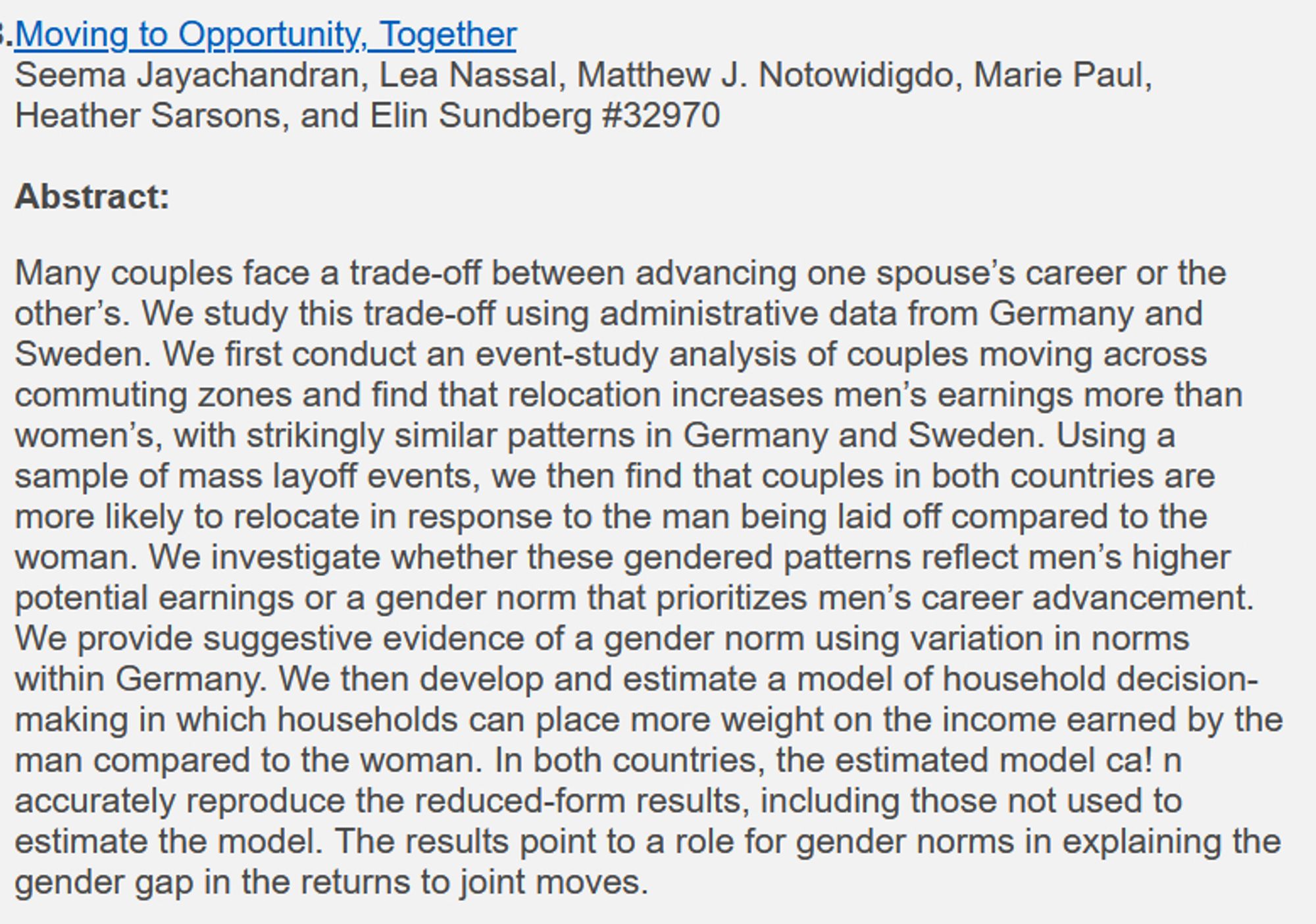
Still on that same topic of what drives women's fertility choices: sharing excellent recent work by my GIL colleagues showing that boosting women's income boosts their fertility too as a means to ensure long-term economic security: voxdev.org/topic/health...
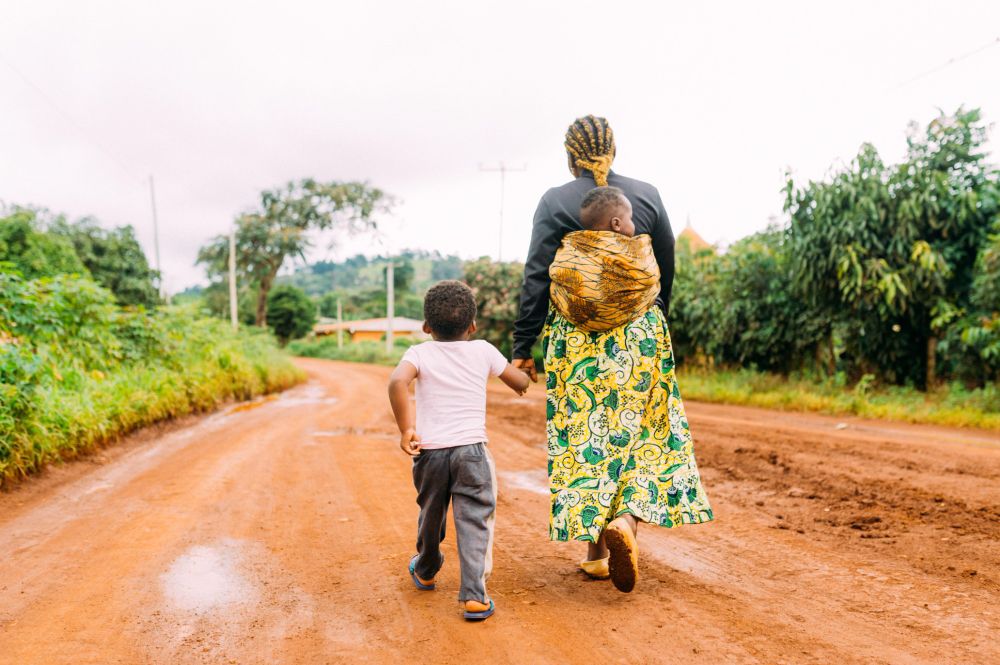
New causal evidence shows boosting African women's income and wealth increases fertility, particularly among women without a son, suggesting that this fertility increase is a means to safeguard long-t...
And on the same topic - having kids might be a desirable choice - but with a liberal philosopher angle: www.nytimes.com/2024/09/16/o...
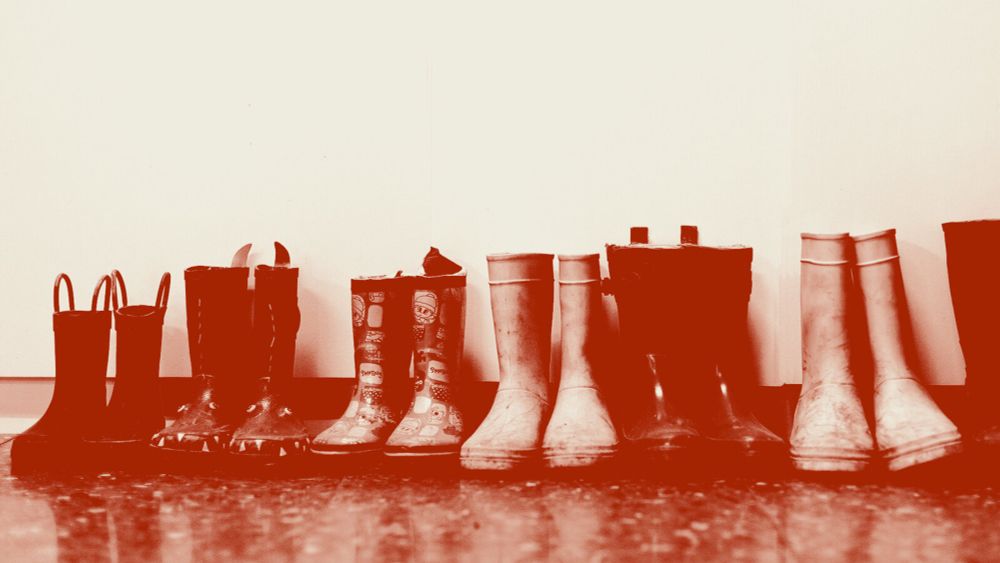
A philosopher wants to take back the issue from conservatives.
And here: Unpacking Socio-Emotional Skills for Women’s Economic Empowerment [brief] documents1.worldbank.org/curated/en/3... 11/11
Learn more about World Bank’s Africa Gender Innovation Lab’s SES research here. Which Socio-Emotional Skills Matter Most for Women’s Earnings? New Insights from Sub-Saharan Africa [brief] openknowledge.worldbank.org/entities/pub... 10/n
🙏 Special thanks to our partners at BRAC Tanzania, IPA, IFC, Trinity College Dublin, & the teams that made this research possible. Thanks also to our funders (Wellspring, IDRC, FCDO, UFGE) for supporting this work. 9/n
You can download the full paper here: documents.worldbank.org/en/publicati...#RCT testing the relative impact of different SES trainings targeted at young women and men in Tanzania. Stay tuned for those results in the near future! 8/n
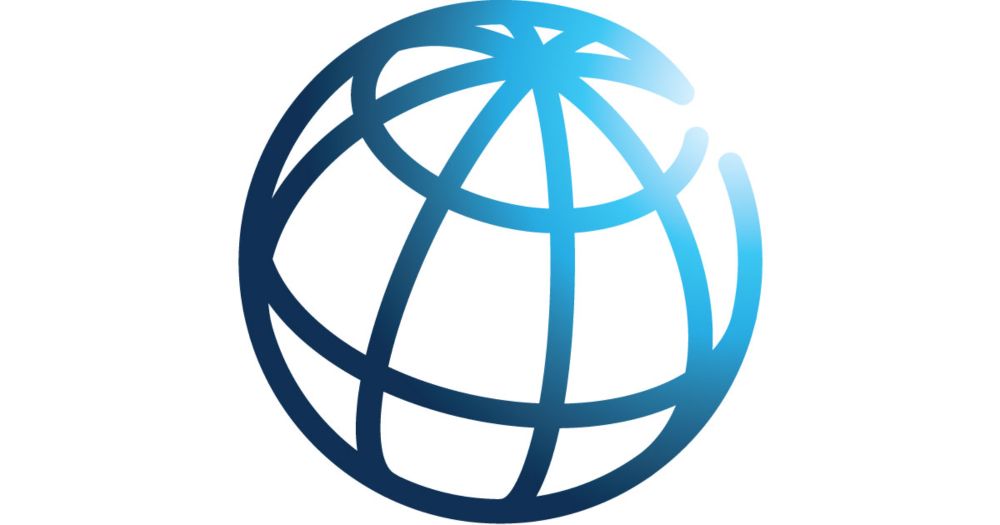
Individuals’ socio-emotional skills (SES), and their perceptions of their skill levels, matter for labor market outcomes and other welfare outcomes. Men appear to have .

